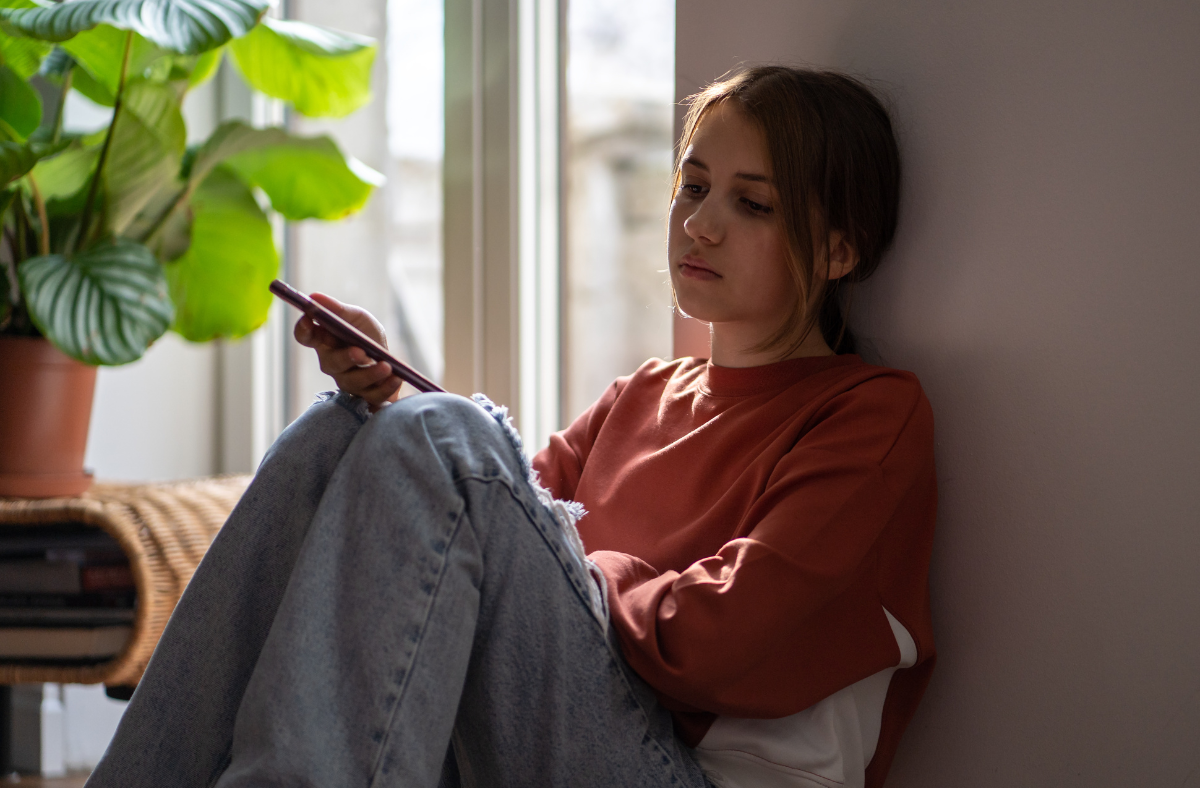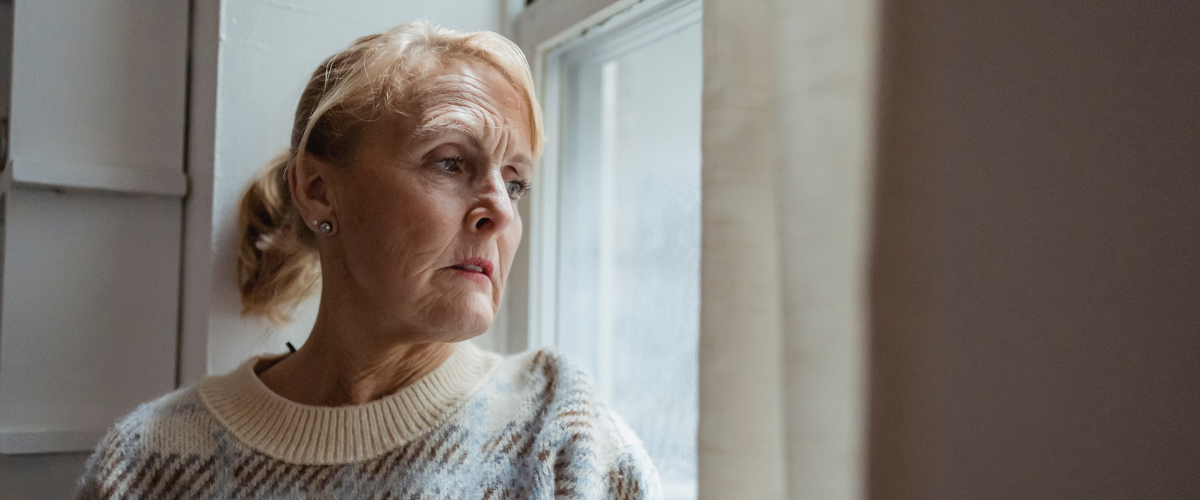June is PTSD Awareness Month. It’s also the first month of hurricane season, which seems appropriate because hurricane survivors do get post-traumatic stress disorder (PTSD). Not only current hurricane news, but even a clap of thunder or the sight of running water, might trigger a flashback.
Other people, who haven’t experienced trauma directly, have anxiety disorders and are easily panicked. The phrase “tropical disturbance” may set off a chain of thoughts like:
- “A Category 5 hurricane is going to hit here: I just know it.”
- “It’ll destroy everything we’ve worked for and leave us permanently homeless.”
- “Nothing I do will make any difference. I’m a born victim. Catastrophe is always waiting to crush me.”
Nerves on Edge
Specific diagnoses aside, PTSD and anxiety disorders have many symptoms in common:
- Hypervigilance
- Uncontrollable negative thoughts
- Concentration and/or memory problems
- Sleep problems
- Physical symptoms such as nausea, tightness in the chest, excessive perspiration, or rapid breathing
- Attempts to “run away” from the problem by avoiding certain objects or situations; withdrawing from others; “shutting down” emotionally; or even considering suicide
Some people get “headline stress disorder”—anxiety triggered specifically by bad news, whether or not it affects them directly—and develop the “doomscrolling” habit. The more the news scares them, the more they click from headline to headline, desperately seeking some sense of control or reassurance. Constant news-viewing is a frequent source of unhealthy stress, mentally and physically.

So, the first rule for reducing anxiety during hurricane season is:
Set Personal Limits on News Input
You can’t really avoid the news altogether—not if you want to be prepared for problems that could affect you directly. So, try these tips to protect yourself from overload:
- Use resources besides the news to guide emergency preparations. See, for example, the TexasReady site from the Texas Department of State Health Services.
- Be careful with digital channels. They usually include prominent links, which can easily lead down a doomscrolling path.
- Get the facts, not the commentary. General-news programs (with set time limits) are better than news-focused stations (with too much broadcast space to fill). Either way, turn off the long discussions about what might happen. Besides overdoing the worst-case scenarios, these often feature prominent interviewees with plenty of opinions but little real expertise.
- When patronizing restaurants, fitness centers, and other businesses, choose locations without prominently displayed televisions. If you do find yourself in a place with a big CNN screen, keep your back to it: TV images are a magnet to the human eye.
- Finally, don’t check the news first thing in the morning, or just before bed. Input received before or after sleep makes especially strong impressions, so keep that input positive and relaxed.
Know What You Can and Can’t Control
The worst thing you can do about a possible emergency is fret over your inability to guarantee it won’t happen. Accepting what you can’t do is often the first step toward freeing your mind to concentrate on what you can do.
And there’s plenty that you can do. Besides turning off negative input and taking expert-recommended precautions:
- Focus on the results you want to see—not on what you don’t or wouldn’t like. Just staying positive frees up quite a bit of coping energy.
- Spend time on healthy, productive activities: creative projects, exercise, reading the classics. It’ll get your mind off worrying, and help build your self-confidence.
- Practice deep breathing, meditation, mindfulness, and other brain-relaxing activities.
- Build a good support network. Fostering human (and spiritual) connections is a proven aid to mental health.
Manage Your Condition
None of the above advice is a substitute for professional treatment. If you have (or even suspect you have) PTSD or an anxiety disorder, your support network should definitely include doctors, therapists, and peer groups.
Assistive technology is also a good idea. Check out these apps for helping manage anxiety:
- Breathe2Relax
- Calm
- Headspace: Meditation & Sleep
- MindShift CBT: Anxiety Relief
- Sanvello: Anxiety & Depression
And, as the old saying goes, be strong and take courage. You can handle more than you think!

